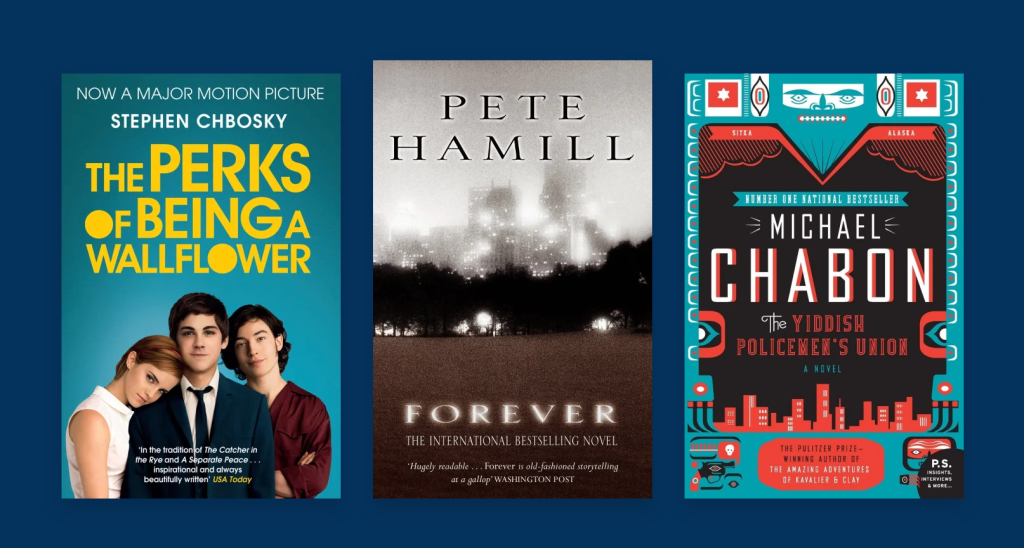 Next month, an updated, combined edition of Mark Twain’s The Adventures of Huckleberry Finn and The Adventures of Tom Sawyer will be published by NewSouth Books, minus two-hundred-plus total instances of the “n-word” and several other racial slurs used at the time.
Next month, an updated, combined edition of Mark Twain’s The Adventures of Huckleberry Finn and The Adventures of Tom Sawyer will be published by NewSouth Books, minus two-hundred-plus total instances of the “n-word” and several other racial slurs used at the time.
According to Twain scholar Alan Gribben, English professor and editor of the new release, as reported by Publisher’s Weekly, “This is not an effort to render Tom Sawyer and Huckleberry Finn colorblind. Race matters in these books. It’s a matter of how you express that in the 21st century.”
But Gribben’s choice of expression (mainly changing the “n-word” to “slave”) hobbles the sheer force of that word, a word so powerful many of us (myself included) refuse to speak or write in its entirety.
I can understand why Gribben, in his many years as a teacher in Alabama, found it more comfortable (for himself?) to replace the offensive expressions when he read the works aloud to his students. I’ve seen people flinch when the n-word spits from someone’s mouth like snake venom. As a Unitarian Jew, I’ve had my share of epithet-bombs lobbed my way, but I have no way of understanding how that particular word might feel to a young African-American reader. But whitewashing the ugly from America’s past is doing all of us a greater disservice.
Because if we selectively edit our nation’s history, how will generations after us remember? Could we just as easily remove references to Japanese internment camps in breathtaking works like David Guterson’s Snow Falling on Cedars and Jane Smiley’s Private Life? Indian massacres? The shame of the 1921 Tulsa race riots? Lynchings? Matthew Shepard and other young men murdered for being gay? Could some future “scholar” come along and hack up Lolita because some may find the themes of pedophilia too offensive? Or The Help because of its racial overtones? The Godfather because some complain of its ethnic stereotypes?
Where will it end?
And why are we altering an artist’s original intent? That’s what I find wrong about censorship. Twain expressed the manner and mannerisms of a particular slice of America, told through the eyes of a particular American boy. (Make that two American boys.) The uneducated and ignorant people in the universe of Twain’s “boy adventures” used the “n-word” in reference to anyone of African descent, whether they were enslaved or free. (Therefore “slave” is, while true in some cases, not a 1:1 replacement for the ugly epithet.) If this book is to be taught in school (and many have banned or challenged it, as early as one year following its 1884 publication date to 1998 in Tempe, Arizona), it is to be taught in its historical context and in a greater discussion of racial conflict in America. Upper high school and certainly college students are mature and intelligent enough not to condemn an entire, important work because of the one or two words that people used at the time. I think they’re smart enough to know that those who use that word are showing their own ugliness.
Yet Gribben sees it from the opposite angle. Local teachers wanted to teach both Huck Finn and Tom Sawyer, but felt they couldn’t. “In the new classroom,” he said, “it’s really not acceptable.” He also said that for “…a single word to form a barrier, it seems such an unnecessary state of affairs.”
You can kill the word, but you can’t kill the concept, Professor Gribben.
Count me among the “textural purists” whom Gribben believe will be “horrified” by this act of censorship. We are all entitled to know the history of our culture – the good, the bad, and especially the ugly – as told by the road map of our great literature.




Leave a reply to JenD Cancel reply